Best Practices Articles

How to Build a Channel Marketing Agency Business
Forrester’s analyst Jay McBain believes the channel marketing services business represents the ”third stage” of business process automation, and predicts the through-channel marketing automation software market—including tens of thousands of digital marketing agencies—will become a $4.5 billion ecosystem by 2023. How can digital agencies seize this opportunity?
In this article, we will explore how you can extend a digital agency business into a next-generation channel marketing business. However, before we do that let’s briefly touch on what channel marketing is. I have already explored in a variety of best practices articles on the ZINFI website the definition of a channel—essentially, it’s an indirect way to market and sell a vendor’s products and services through a network of resellers, agents, distributors, franchises and similar organizations. With this as a backdrop, we can define channel marketing as activities that focus on marketing to channel partners but also through and with them to generate demand from the end customer base. Needless to say, channel marketing requires all the various forms of expertise and tools required in direct marketing, plus a lot more.
Before we get into the details of channel marketing and how an agency can increase revenues in the years to come, let’s talk about money in the channel in general. In most cases, the channel marketing budget (including people, programs and platform) of vendor brands that sell through an indirect channel is many times larger than the direct marketing budget. This is primarily tied to market development funds (MDF) that vendors accumulate on behalf of their partners. (Please refer to our articles on MDF to learn more about this.) Because of the funds flowing into the channel, a channel marketing agency has the potential to build a much bigger and deeper relationship with vendors, and there is also a substantial opportunity to provide multiple services to a vendor’s partners.
Let’s explore a few of the core areas where a channel marketing agency can help a vendor brand.
- Digital Content Creation and Adaptation: Most vendors have a large amount of marketing and sales content for their direct sales and marketing team. However, in most cases the content needs to be adapted for channel partner usage. Also, if a vendor has an alliance program, there will be times where the creative agency may need to work with multiple brands to pull together appropriate solution content which may not exist on its own.
- Campaign Development: Most vendors are running a variety of channel programs and updating those programs or adding new programs on a quarterly basis. A successful channel marketing agency not only has to have channel knowledge, but also deep expertise in digital marketing to work with vendors and come up with the right campaign strategy. A partner recruitment campaign requires one set of tools and tactics, but these are likely to be very different from partner training campaigns or the many other campaign types that are required in a channel environment.
- Incentives Programs: Just as nearly every organization has sales incentives for its sales team, in much the same way a channel sales organization provides incentives to their channel partners to generate engagement and activity. However, in the latter instance the vendor has to actively promote those incentives programs to the partner base in for them to be effective. A channel marketing agency can play a decisive role, both strategically and tactically, in designing these programs and executing their rollout.
- Concierge Programs: Most large vendors today have dedicated concierge programs in which a third party marketing agency provides marketing, sales and technical support to the vendor’s partner base. This service requires a combination of digital marketing, telemarketing and technical support expertise. In some cases, vendors will break these requirements down across multiple channel marketing agencies.
- Sales Programs: Last but not least, vendors often roll out sales-specific programs to drive demand—e.g. buy one get one free, 30% off, etc.—to drive quarterly sales targets. These are short and sweet marketing/sales tactics that the sales team typically drives, but in many cases certain functions of these programs may be outsourced to a third-party agency, ranging from creative services to outbound calling and everything in between.
In addition to these examples of vendor-specific programs, another key area of interest to agencies is the provision of creative and campaign services to a vendor’s partner network. In most cases a vendor will fund these programs using market development funds (MDF) or co-op funds. As I noted earlier, I have written many articles on which types of MDF programs work or don’t work and why, so we won’t repeat those here. However, an automation-enabled channel marketing agency is well-positioned to provide both local and global support in these areas.
Finally, I started this article by repeating Forrester’s assertion that channel automation represents a third “stage” or “wave” of business process automation, and by suggesting that digital marketing agencies have a great opportunity to extend their reach by embracing channel marketing automation. I hope this high-level summary shows that there are multiple areas digital marketing agencies can tap into with the right strategy and tools. Their expertise in marketing, creative design and outbound campaigns, in combination with channel marketing automation software, can both broaden and deepen their revenue generation opportunities in the service of large to medium global brands locally and globally.
Best Practices Guidebook
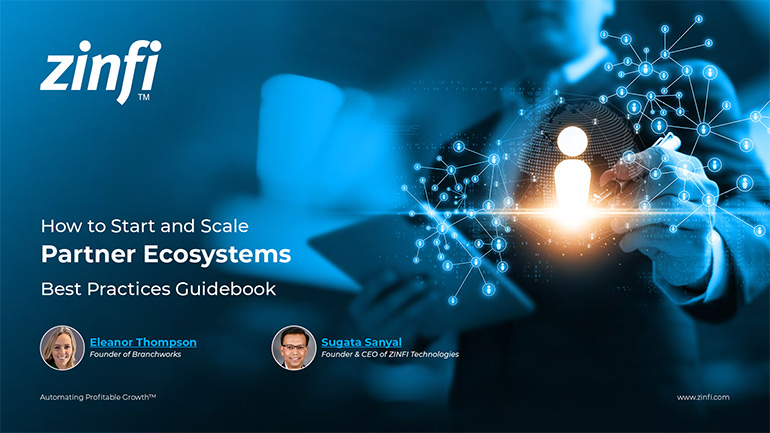 How to Start and Scale Partner Ecosystems Best Practices
How to Start and Scale Partner Ecosystems Best PracticesDownload Guide
 The Evolution of PartnerOps: Past, Present & Future Best Practices
The Evolution of PartnerOps: Past, Present & Future Best PracticesDownload Guide
 Mastering Channel Sales: Strategies, Best Practices, and Growth Tactics for 2025
Mastering Channel Sales: Strategies, Best Practices, and Growth Tactics for 2025Download Guide
 Winning with Partner Advisory Councils: Best Practices for Partner Engagement & Growth
Winning with Partner Advisory Councils: Best Practices for Partner Engagement & GrowthDownload Guide
 The Future of Partner Ecosystems Best Practices
The Future of Partner Ecosystems Best PracticesDownload Guide
 The AI Revolution: How Technology and Talent are Shaping the Future
The AI Revolution: How Technology and Talent are Shaping the FutureDownload Guide
 Top 105 Partner Management Metrics that Matter Best Practices
Top 105 Partner Management Metrics that Matter Best PracticesDownload Guide
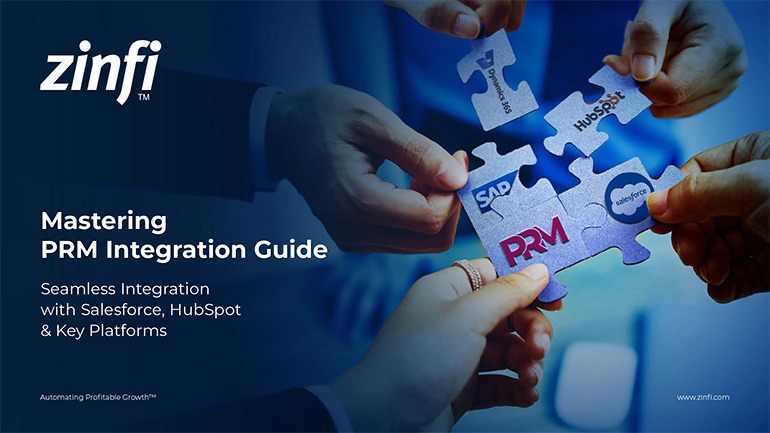 Mastering PRM Integration Best Practices
Mastering PRM Integration Best PracticesDownload Guide
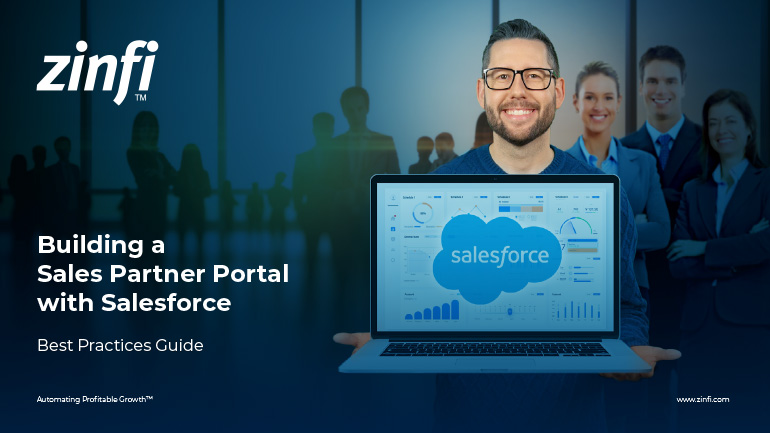 Building a Sales Partner Portal with Salesforce Best Practices
Building a Sales Partner Portal with Salesforce Best PracticesDownload Guide
 Building and Managing Partner Ecosystems Best Practices
Building and Managing Partner Ecosystems Best PracticesDownload Guide
 Mastering Co-Marketing and Co-Selling Best Practices
Mastering Co-Marketing and Co-Selling Best PracticesDownload Guide
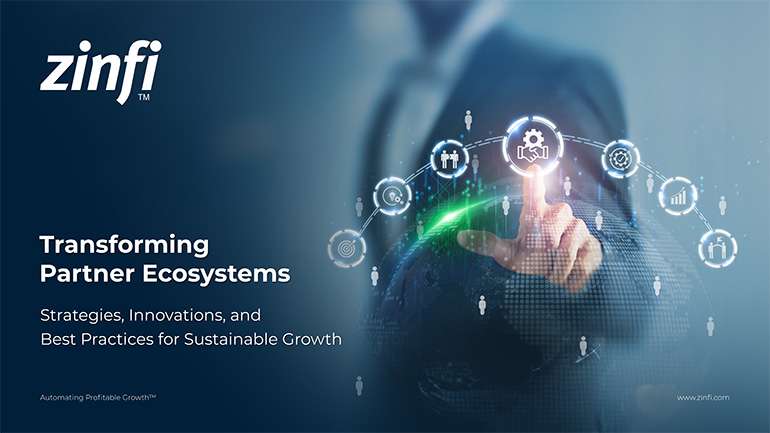 Transforming Partner Ecosystems Best Practices
Transforming Partner Ecosystems Best PracticesDownload Guide
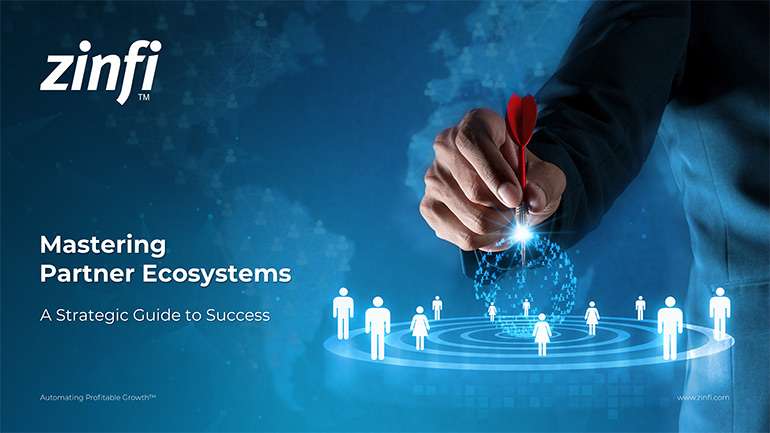 Mastering Partner Ecosystems Best Practices
Mastering Partner Ecosystems Best PracticesDownload Guide
 Mastering Partner Onboarding Best Practices
Mastering Partner Onboarding Best PracticesDownload Guide
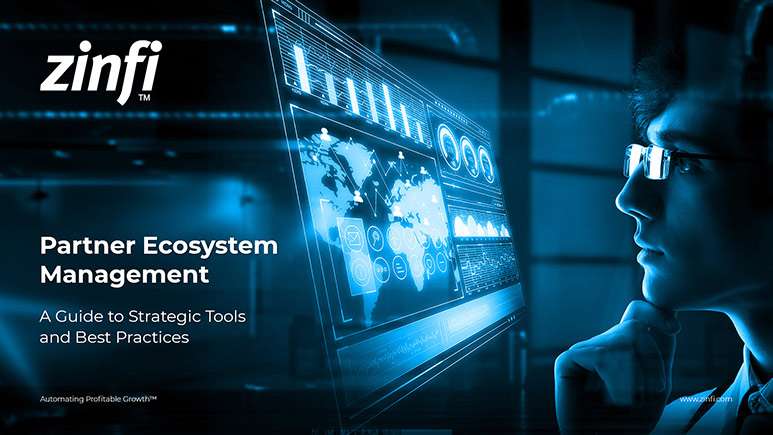 Partner Ecosystem Management Best Practices
Partner Ecosystem Management Best PracticesDownload Guide
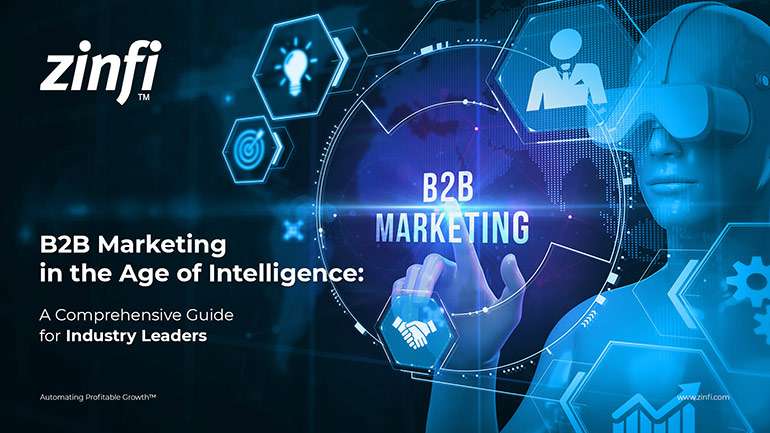 B2B Marketing in the Age of Intelligence Best Practices
B2B Marketing in the Age of Intelligence Best PracticesDownload Guide
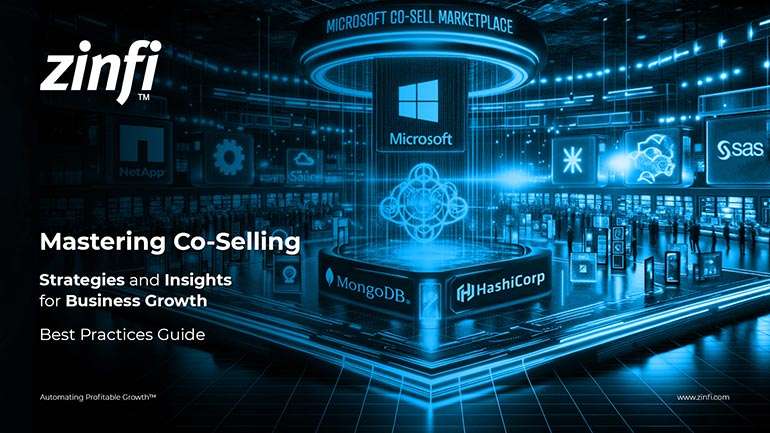 Multi-Partner Co-Selling Best Practices
Multi-Partner Co-Selling Best PracticesDownload Guide
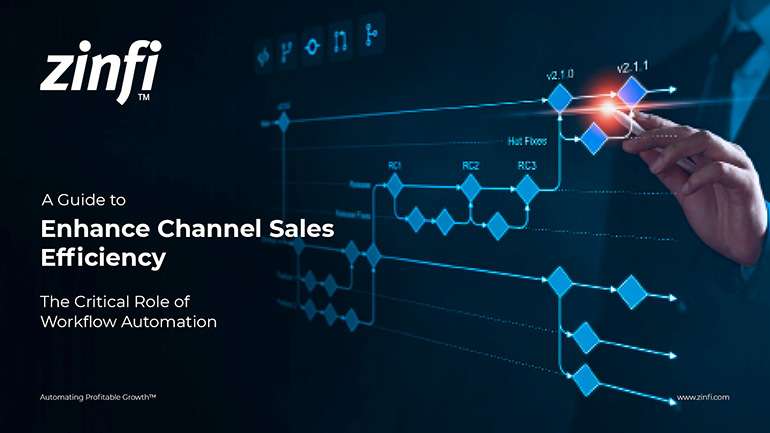 A Guide to Enhance Channel Sales Efficiency
A Guide to Enhance Channel Sales EfficiencyDownload Guide







